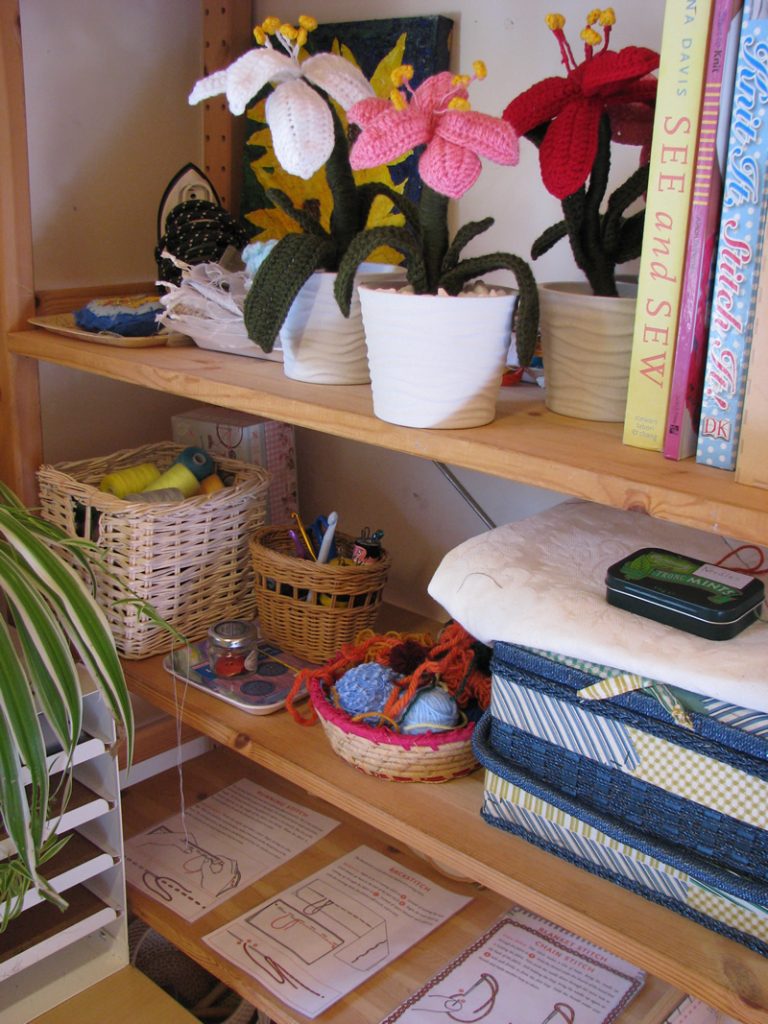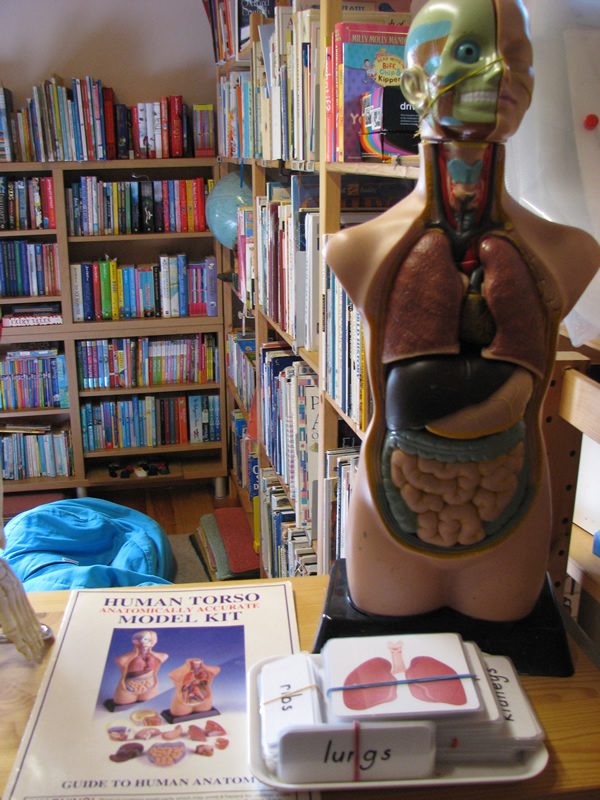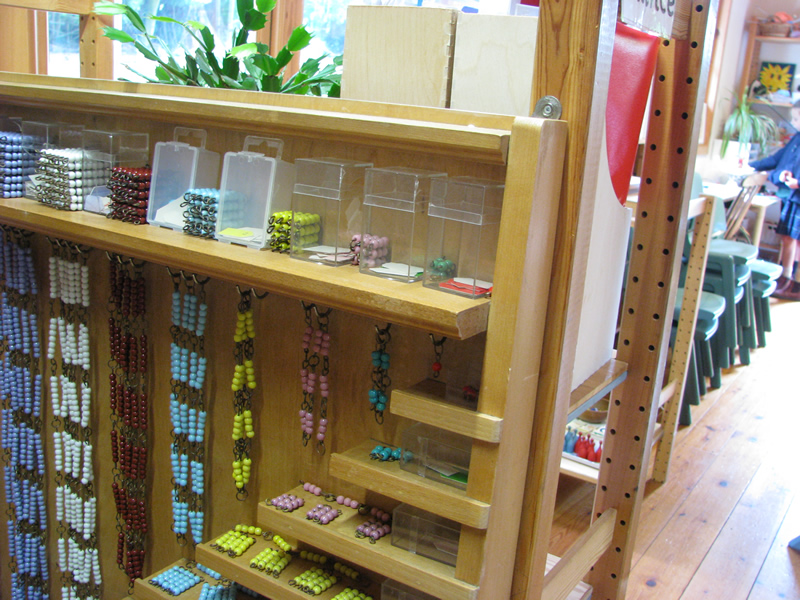How does it work?
Sociability is a great motivation during the second plane of development, and in the Montessori Primary School classroom most lessons are given to small groups of children. Children often choose to work together on their projects. Individual children, nevertheless, progress at their own rate.
Careful records are kept of all lessons each child receives and the work that each child does. Children participate in regular, individual conferences with the teacher so that children learn to evaluate their own level of mastery of materials and activities presented in previous lessons and their readiness for new lessons. They become co-evaluators of their own work with the teacher and work towards taking ownership of their own learning.
The Montessori Primary School has a specially prepared environment within which Montessori educators provide a carefully considered amount of scaffolding and support to enable children to reach their potential. Our ‘freedom within limits’ approach is founded in trust and respect and supports the child’s motivation. In class, children receive differing levels of support in managing their work depending on their maturity and responsibility. One child, for example, may need to check in with a teacher following every activity, while a mature planner may have organised their own weekly plan. Children are also given the freedom to match their level of capability. One child may need support in finding an area in the classroom free from distraction while another child may be free to work anywhere




